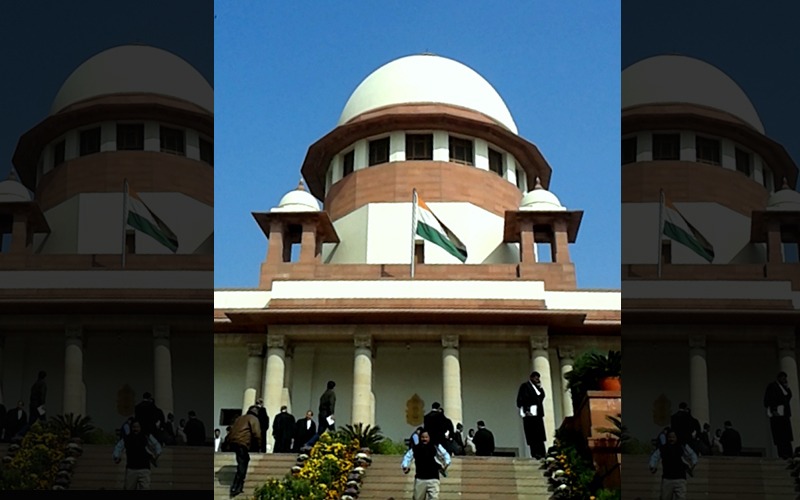SC to hear plea seeking ban on announcement of freebies by political parties in election campaigns

New Delhi: The Supreme Court Wednesday decided to schedule a hearing for March 21 regarding a Public Interest Litigation (PIL) challenging the tradition of political parties offering free incentives during electoral campaigns, media reported.
"This is important. We will keep this on board tomorrow," said a bench of Chief Justice DY Chandrachud and Justices JB Pardiwala and Manoj Misra after petitioner's lawyer in the case mentioned the matter for early hearing, reported news agency ANI.
The petitioner argued for a complete ban on populist tactics aimed at gaining undue political advantage from voters, citing their violation of the Constitution.
It further urged the Election Commission to implement appropriate preventive measures.
Earlier, the Supreme Court said that the issue of freebies pledged by political parties during election campaigns requires extensive debate. Consequently, the case was forwarded to a three-judge bench for consideration.
The court is currently examining several petitions challenging the offering of free incentives by political parties.
One of these petitions, submitted by advocate Ashwini Kumar Upadhyay, calls for the Election Commission of India to confiscate election symbols and revoke the registration of political parties that commit to dispensing unreasonable freebies using public funds.
The petition contended that the arbitrary commitment of political parties to provide irrational freebies for personal gain and to attract voters equals bribery and undue influence.
It argued that the pledge or distribution of such irrational freebies funded by public money ahead of elections could unfairly sway voters, undermine the principles of fair and transparent elections, disrupt the equitable playing field, and taint the integrity of the electoral process.
"This unethical practice is just like giving bribes to the electorate at the cost of the exchequer to stay in power and must be avoided to preserve democratic principles and practices," it said.




